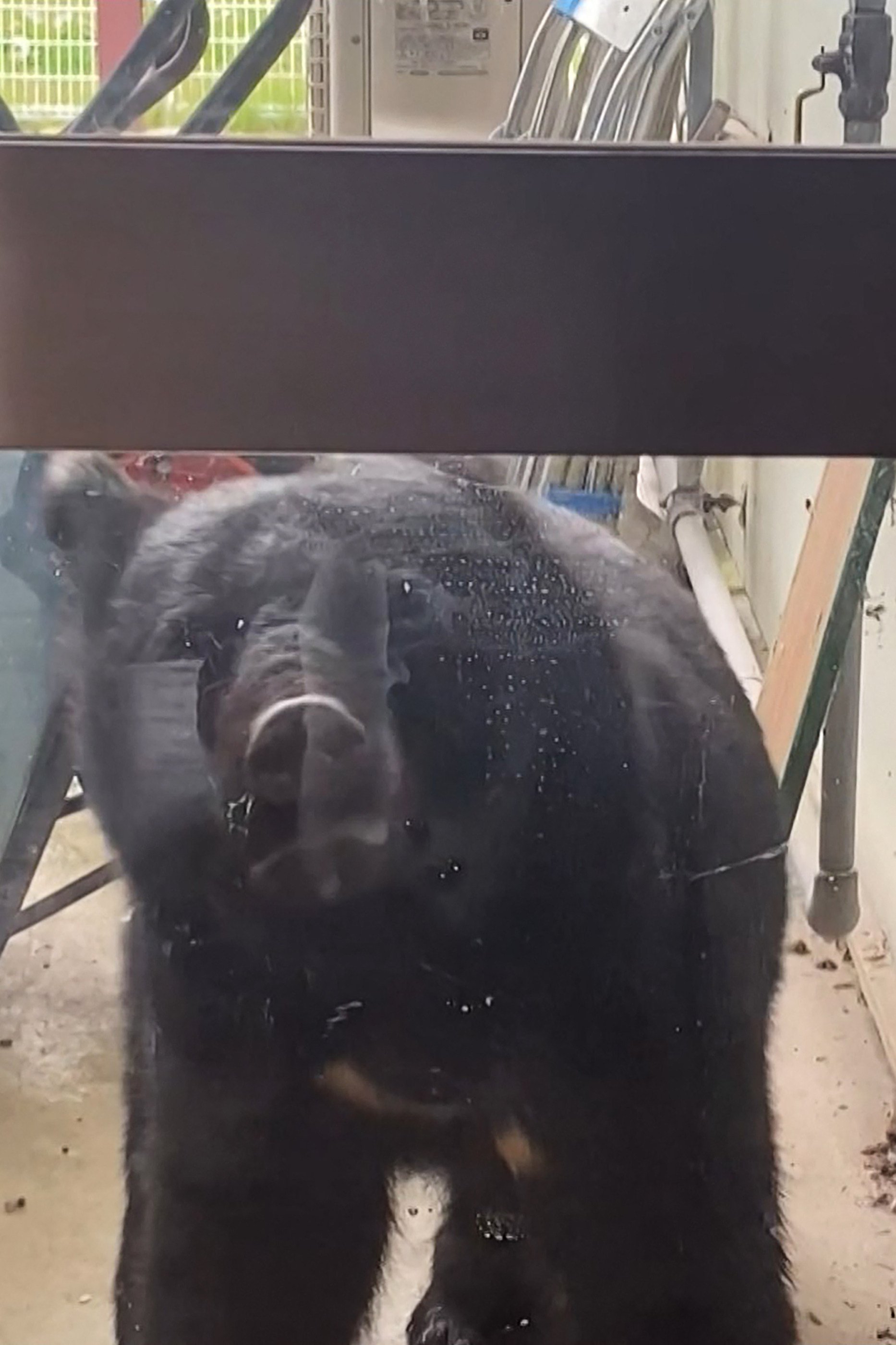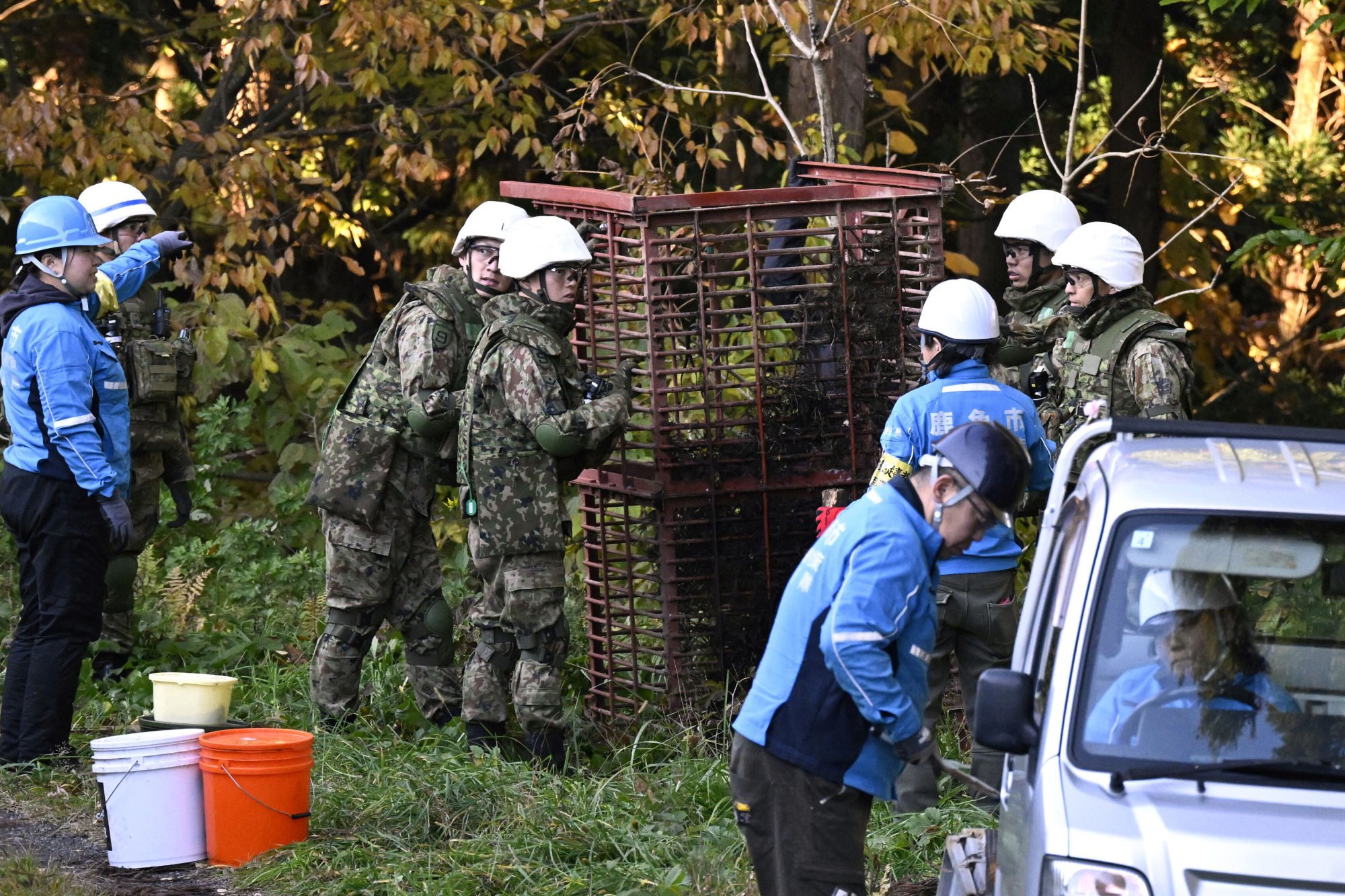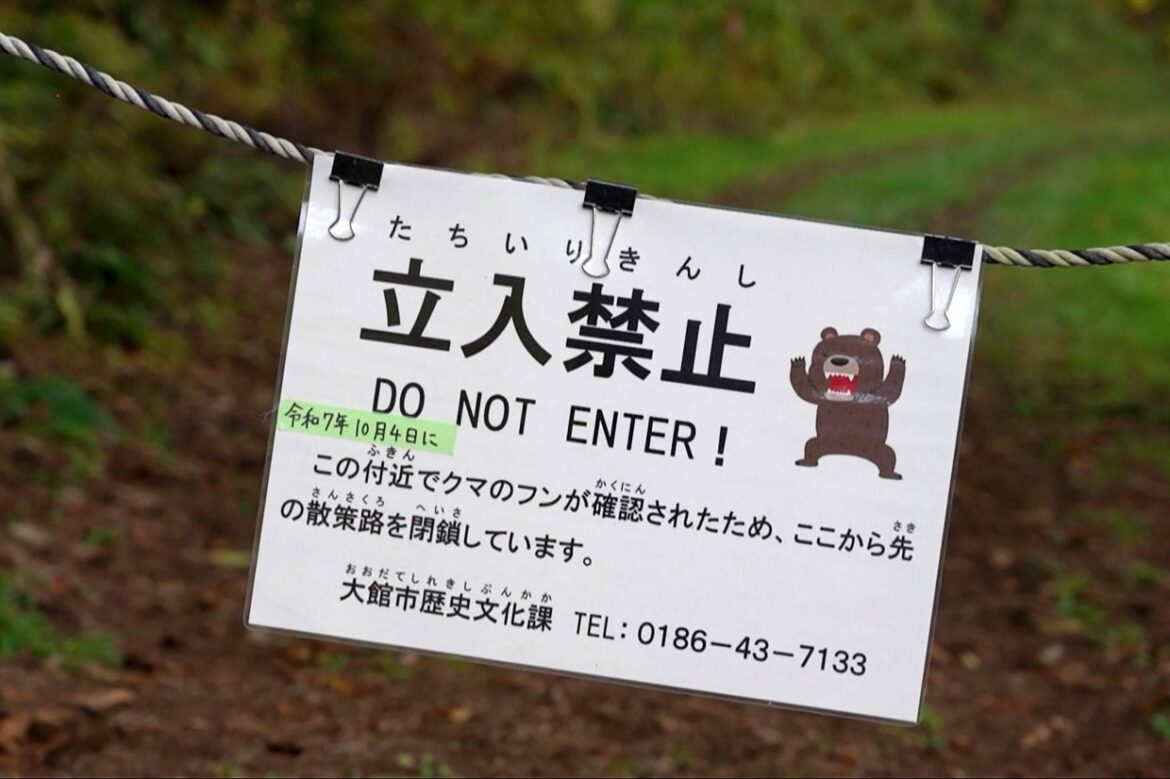Hongkongers visiting Japan should purchase adequate travel insurance, remain vigilant and avoid entering sealed-off areas known for bear attacks, or they may risk losing their coverage, tourism industry leaders have warned.
The warnings came after a rise in bear attacks in Japan over the weekend, prompting the closure of popular destinations known for autumn foliage and hot springs, including Senshu Park in Akita prefecture and the tourist village of Shirakawa-go in Gifu prefecture.
Chan Pui-leung, general manager of China Taiping Insurance (HK), said travel coverage was crucial because it primarily covered accidents. Therefore, unexpected animal attacks should be included as they were similar to car accidents, he said.
But he warned that travellers must follow local advisories and avoid restricted areas or locations closed due to wild animal sightings.
“A key caveat is that if a traveller enters an area that has been closed or marked with explicit warnings, such as those for high bear sightings, the insurance policy may be voided because the action is taken with full knowledge of the risk and is no longer considered an accident,” Chan, who is also a lawmaker, said.

He urged travellers to carefully review their itinerary and select a plan that provides sufficient personal accident and risk protection, noting that insurers offered various coverage levels and that medical expenses could be high if a serious injury led to an extended hospital stay abroad.
He said it was important for travellers to have a 24-hour emergency help service included in their plan.
“If an injury prevents a traveller from returning home independently, this service ensures coverage for professional medical transport following a doctor’s assessment,” he said.
The Environment Ministry of Japan recorded 20,792 bear sightings nationwide between April and September, the highest number since data collection began in 2009.
This surge in bear activity has led to casualties since April, with at least 13 people killed and more than 100 injured in attacks.
Autumn is a popular time for travel in Japan, celebrated for its vibrant foliage and ideal weather for sightseeing. Combining scenic views with a hot spring soak in an open-air bath is a cherished experience among travellers.
Yuen Chun-ning, CEO of travel agency WWPKG, said some sightseeing spots had been closed following advice from Japanese authorities, including popular autumn foliage destinations such as Senshu Park and Shirakawa-go.
Shirakawa-go, a Unesco World Heritage site, welcomes an average of about 2 million visitors annually, according to official data.
While some customers had expressed concerns about travelling to Japan, their number remained relatively small, Yuen said, noting that the bear threat would naturally subside as the animals entered hibernation during the winter months.
“The current concern is more about the situation next spring. If the Japanese government fails to introduce effective countermeasures, we may adjust our strategies to focus on travel routes such as Kyushu and Okinawa,” Yuen said.

He urged travellers to stay alert to their surroundings instead of looking at their mobile phones while walking, adding that they should avoid screaming or running if they encountered a bear to prevent provocation.
Steve Huen Kwok-chuen, executive director of EGL Tours, said that while no current tour itineraries directly overlapped with areas where bears had appeared, the company had advised customers to avoid walking alone.
“Although we remind them to prioritise safety, we are less worried when guests are sightseeing because they move in a full group. However, for hot spring hotels located in the suburbs, we suggest that customers remain within the hotel area,” Huen said.
Wong Hok-yuen, a 52-year-old engineer who had already booked flights for a road trip with his wife to Fukuoka next January, said he would go ahead with the visit but take extra caution.
“We plan to stay in our hotel, soaking in hot springs at night, and will not wander around. While our family urged us to postpone the trip, I believe that as long as we remain vigilant and avoid going out unnecessarily at night, I am not too worried,” Wong said.
“The habits of Hongkongers travelling to Japan are difficult to shake. I believe they will forget about the bear attacks very soon, just like the earlier rumours of earthquakes.”


AloJapan.com